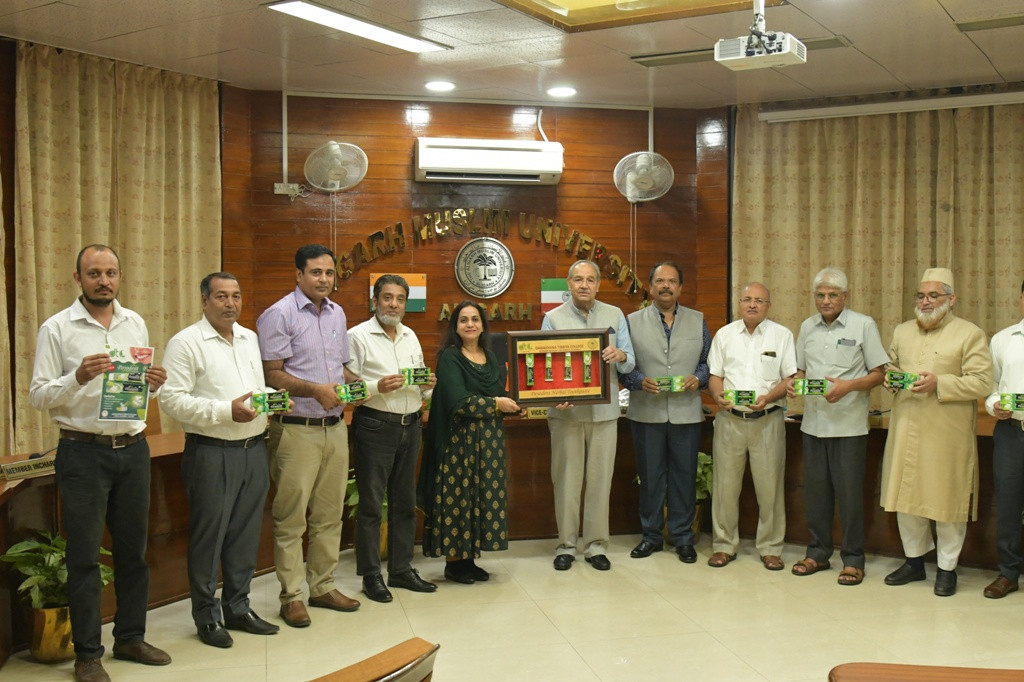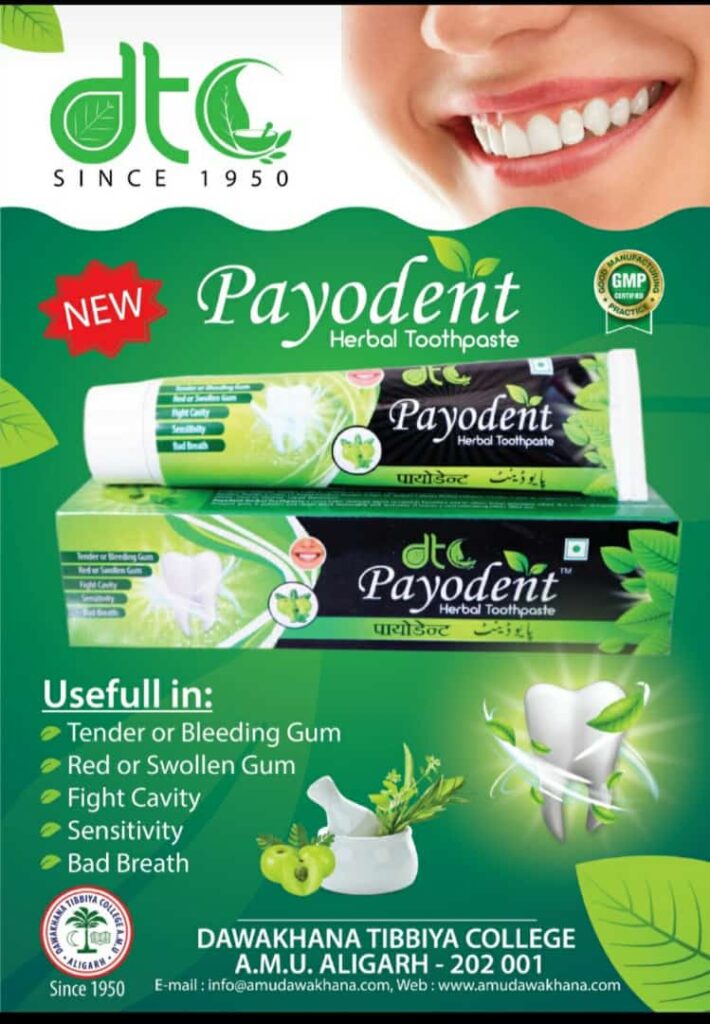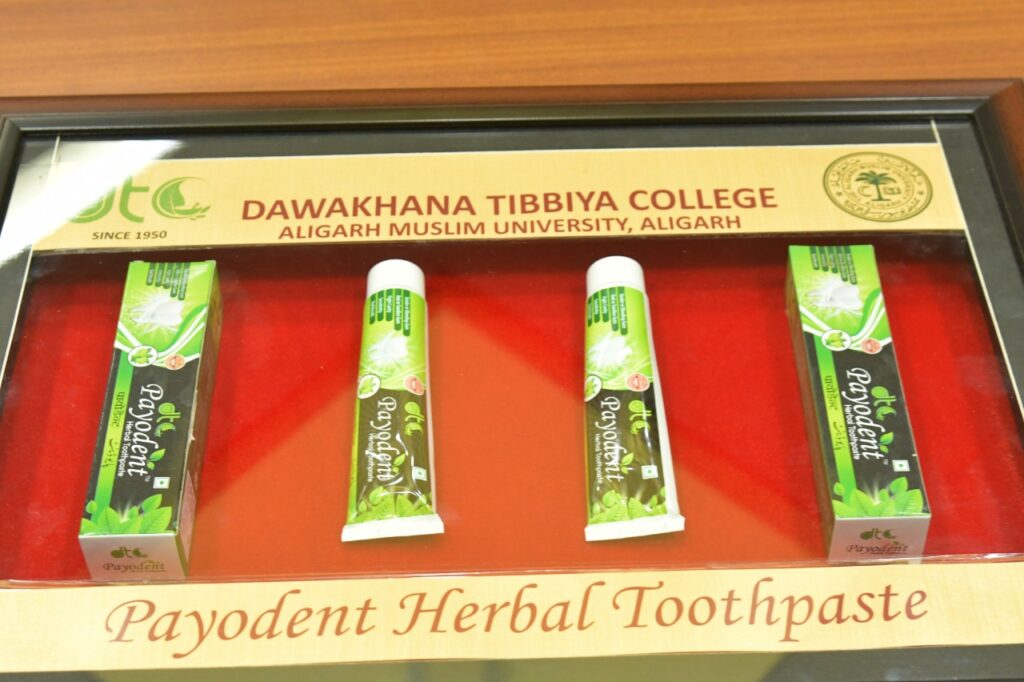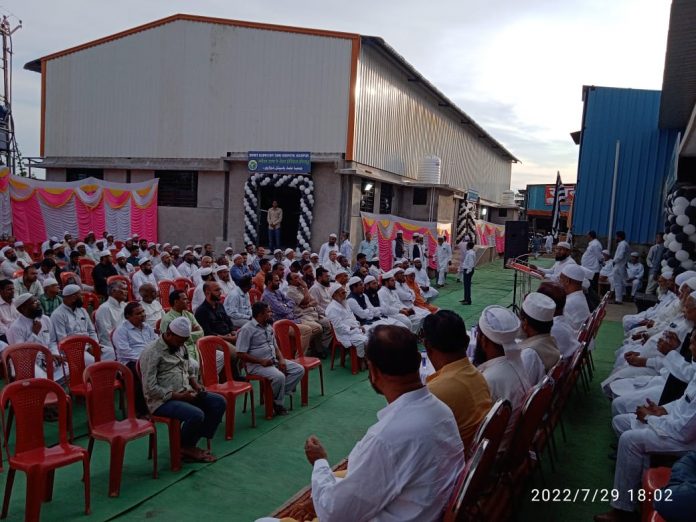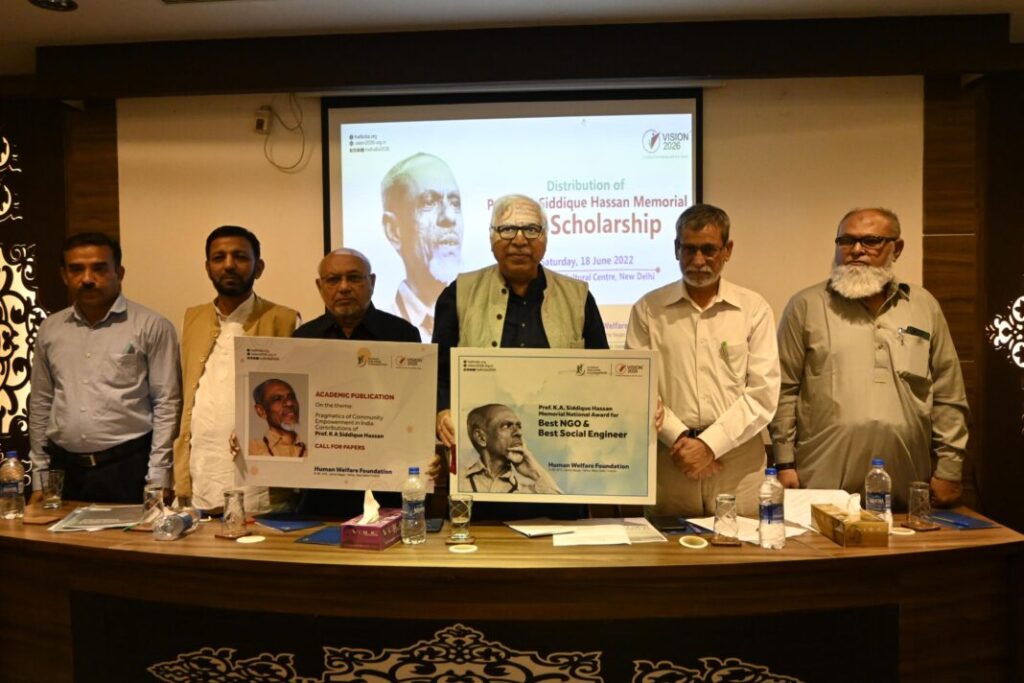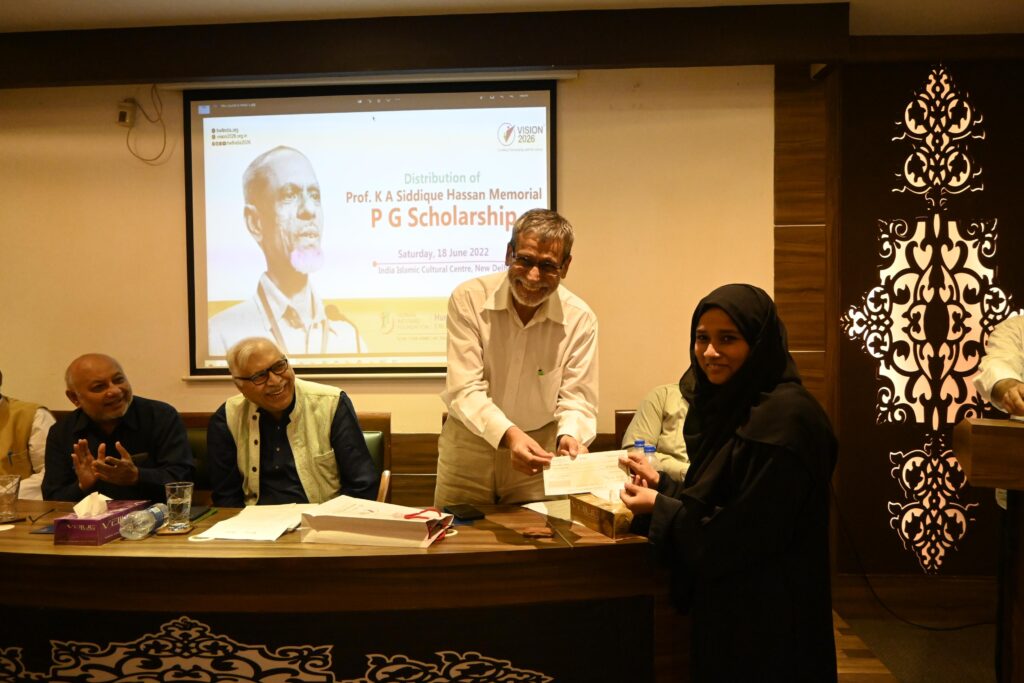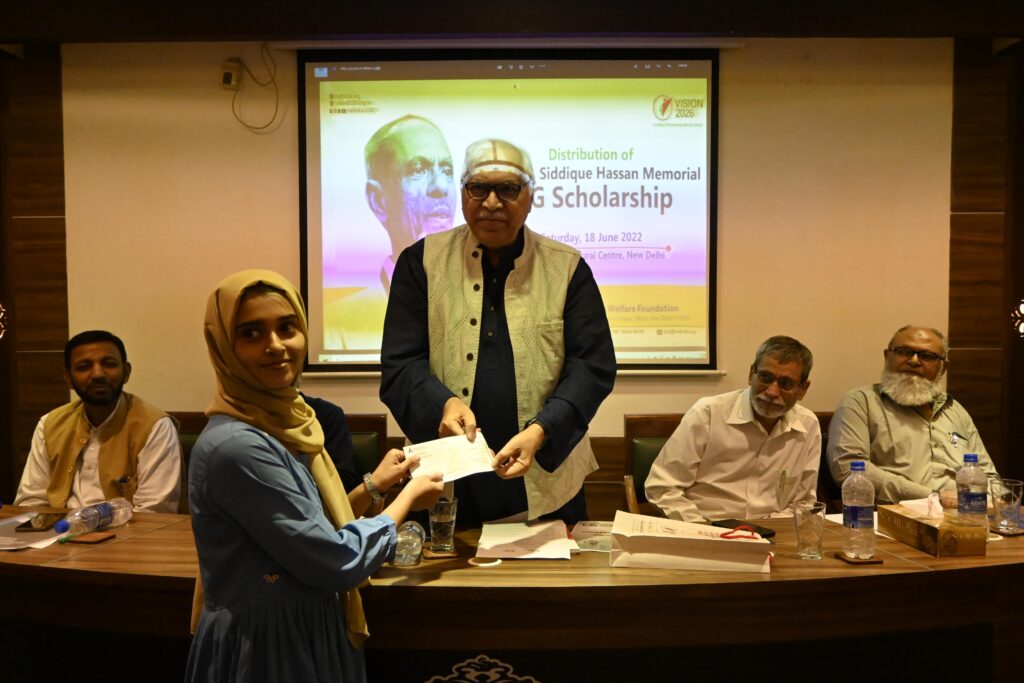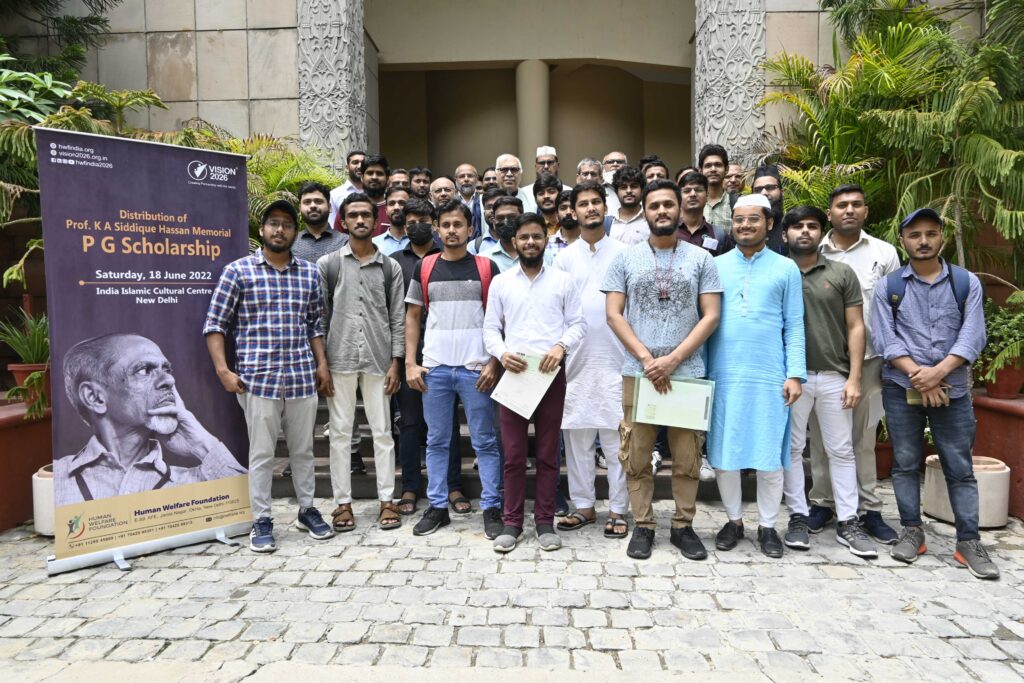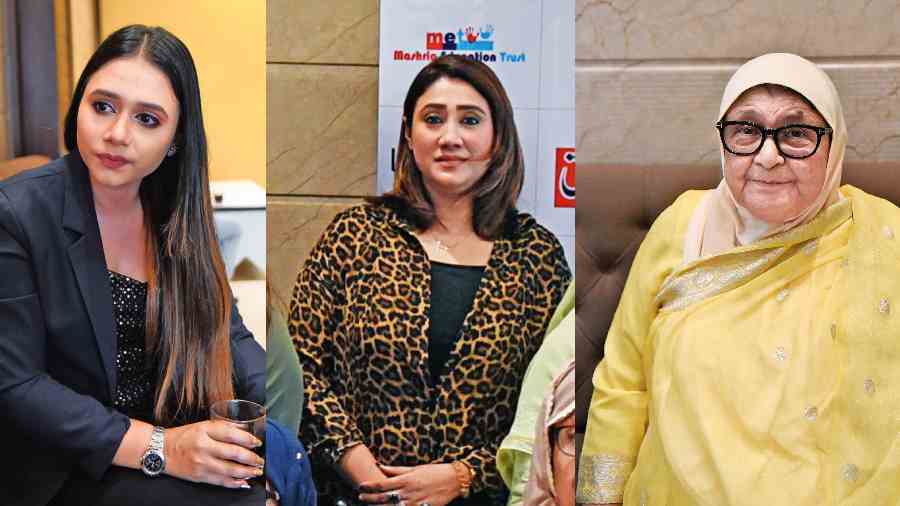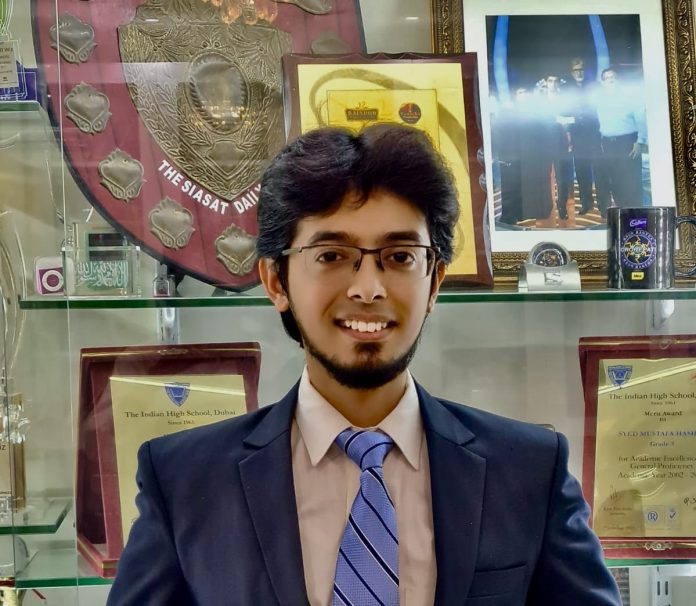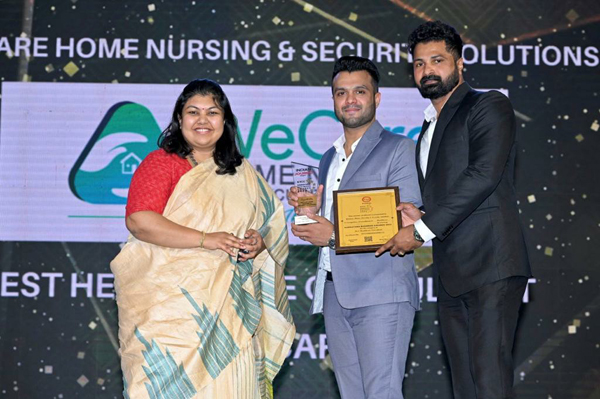NEW DELHI :
Hakim Ajmal Khan a philanthropist, freedom fighter, famous hakeem and nationalist is a well known personality.
So I was very surprised when I was told that his grave was I one corner of The Hazrat Rasool numa compound in Panchkuian Road of Delhi
Now it’s a slum

In between a whole row of beds tucked away in one forgotten corner sleeps one of the greatest leaders of our Freedom movement. Revered by Muslims and Hindus alike.

Yes it was Hakim Mohammad Ajmal Khan. I checked up his dated on the net to find they were correct.
The lady who lives there then showed me many graves of Hakeems from his family scattered around the beds and chores of daily life.

Amita Paliwal a Delhi historian and keen heritage lover informs me this is probably the famous Doctor’s lane where Bernier apprenticed to learn Unani medicine.
It may have been famous then but it’s forgotten now and I don’t know why his very rich trust( he had gifted most of his income to charity) and rich family doesn’t do something about it.
You can read more about him below I have taken it from
He was the founder of the Jamia Millia Islamia in Delhi. He is the only person to have been elected President of both the Indian National Congress and the Muslim League, as well as the All India Khilafat Committee.Hakim Ajmal Khan was born in 1863 to the illustrious Sharif Khani family of Delhi, family that traces its lineage to court physicians who served the Mughal emperor Babur, the founder of the Mughal Empire in India.

Khan studied the Qur’an and traditional Islamic knowledge including Arabic and Persian in his childhood, before studying medicine at home, under the tutelage of his relatives. All of whom were well-known physicians.
His grandfather Hakim Sharif Khan sought to promote the practice of Tibb-i-unani or Unani medicine and for this purpose, had setup the Sharif Manzil hospital-cum-college that was known throughout the subcontinent as one of the finest philanthropic Unani hospitals that charged no fees from poor patients.
Once qualified, Hakim Ajmal Khan was appointed chief physician to the Nawab of Rampur in 1892. Soon he met Syed Ahmed Khan and was further appointed a trustee of the Aligarh College, now known as the Aligarh Muslim University.
Hakim Ajmal Khan took much interest in the expansion and development of the indigenous system of medicine, Tibb-i-Yunani, or Unani. Khan’s family established the Tibbiya school in Delhi, in order to expand the research and practice of Unani.
As his family of Hakims served as doctors to the British rulers of India, in his early days Hakim Khan supported the British. He was part of a deputation of Muslims that met the Viceroy of India in Shimla in 1906 and even supported the British during World War I. In fact, the British Government awarded him the titles Haziq-ul-Mulk and Qaiser-e-Hind for his contribution to the expansion of the Unani system of medicine.
But once the British government changed its stance and sought to derecognize the practice of Indian schools of medicine such as Ayurveda and Unani, this turn of events set Hakim Ajmal Khan gathering fellow physicians on one platform to protest against the Raj.
Actually, Hakim Ajmal Khan’s political career commenced with his writing for the Urdu weekly Akmal-ul-Akhbar, which was founded in 1865-70 and run by his family.
Subsequently, when the British clamped down on the freedom movement and arrested many Muslim leaders, Hakim Ajmal Khan solicited Mahatma Gandhi’s assistance and together they joined others to start the Khilafat movement. He was elected the President of the Congress in 1921, and joined other Congress leaders to condemn the Jallianwala Bagh massacre. He was imprisoned for many months by police authorities. Hakim Khan’s pursued his political career side-by-side his medicinal and educational endeavours. Often, the interests overlapped.
Hakim Ajmal Khan resigned from his position at the AMU when he realized that its management would not endorse the Non-Cooperation Movement launched by the Indian National Congress. He envisaged a place of learning that would be free of government control. He worked towards this aim with the help of other Muslim luminaries. Together, they laid the foundations of the Jamia Millia Islamia (Islamic National University) in Aligarh in 1920, in response to Mahatma Gandhi’s call for Indians to boycott government institutions. The JMI subsequently moved to Delhi and slowly grew to be the prestigious university it is today.
Ajmal Khan served as its first Chancellor until his death. He was a key patron of the university, financially bailing it out of sticky situations throughout the rest of his life.
In fact, Hakim Ajmal Khan also established the Tibbia College for higher studies in medicine. Realizing the need for private funding, he simultaneously established a commercial venture the Hindustani Dawakhana to manufacture Unani and Ayurvedic medicines and issued a diktat that doctors practicing in the Sharif Manzil could only recommend medicines from the Dawakhana. The Dawakhana is known to have patented 84 magical herbal formulas.
Tibbia College is presently located Delhi’s Karol Bagh area. As a mark of respect to this man, Karol Bagh’s most popular part is still called Ajmal Khan Road.
Hakim Ajmal Khan died in 1927. In the ensuing years, both the Sharif Manzil and the Dawakhana have languished for want of upkeep and restoration.
Although Hakim Khan renounced his government awards during the freedom movement, Indians who appreciated his work and held him in high esteem conferred upon him the title Masih-ul-Mulk (Healer of the Nation).
Freedom fighter, educationalist and beyond doubt, the greatest contributor to Unani medicine in India in the 20th century: Hakim Ajmal Khan.
Dr. Khan died of heart problems on December 29, 1927. He was succeeded in the position of JMI Chancellor by Dr. Mukhtar Ahmed Ansari.
Rana Safvi is the author of the book “Where Stones Speak”.
source: http://www.twocircles.net / TwoCircles.net / Home> Articles / by Rana Safvi / May 08th, 2016
